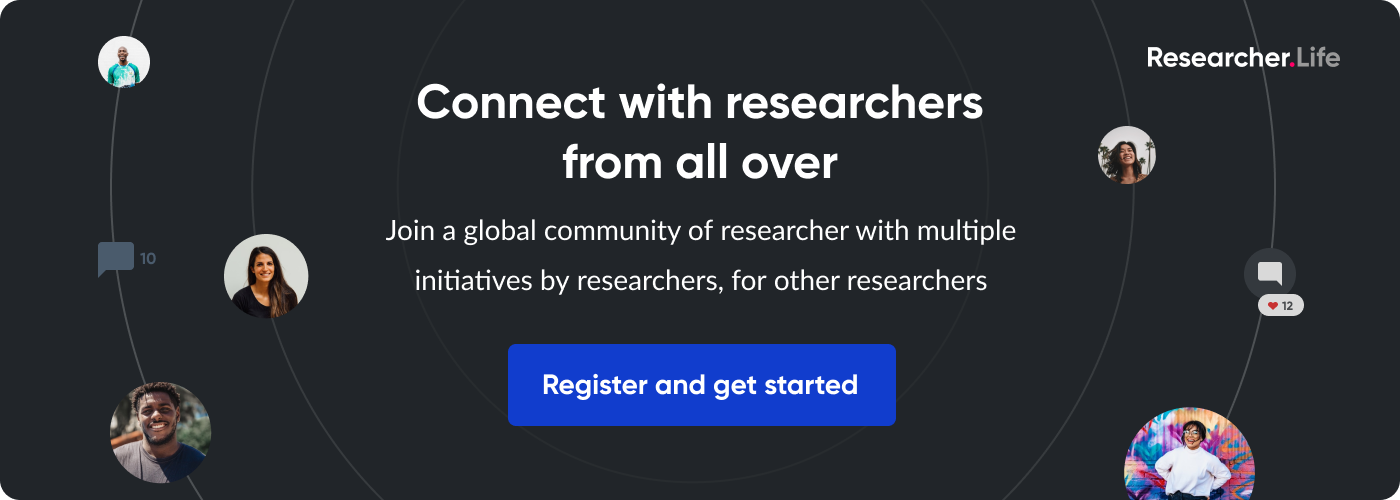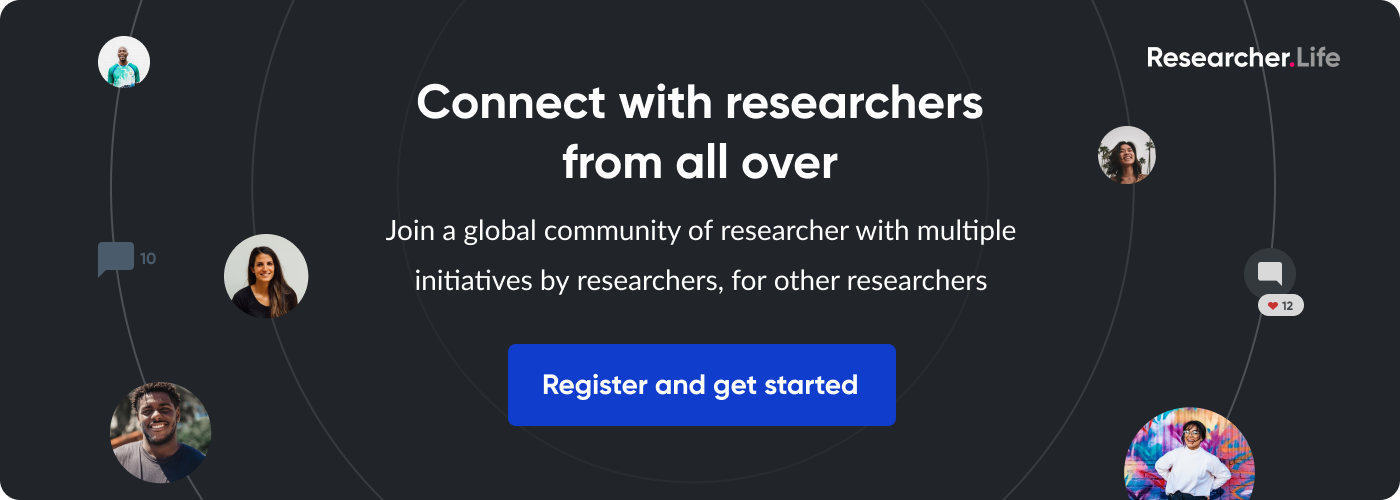Networking through online and offline channels

Researchers tend to form close-knit communities with other researchers in their specific areas of study. Breaking into these closed communities and getting noticed can be a daunting prospect. Ideally, your work should speak for itself, and you will gradually gain recognition through your published papers and citations. But this is a long process, and while you wait for this kind of recognition, you need to make yourself visible by networking through various channels. One great way to network is through academic conferences.
Top 5 reasons to attend conferences
- To present your work to like-minded scholars and peers and receive feedback
- To learn about other ongoing work in your field
- To learn of potential job openings and new funding opportunities
- To meet journal editors who may find your work suitable for their journal
- To establish connections with other researchers within and outside your field of expertise for potential collaboration
Conferences may be small-scale, with a regional focus, or large-scale, aiming to attract an international audience. Further, some conferences may focus on a highly specialized study area, while others may have a broader interdisciplinary focus.1
Identifying the right conference for you
Choose your conference depending on the funding you have available and what you expect to achieve. Conferences are usually expensive but often offer lower rates for students. Look out for discounts or special offers that may apply to you.2 Small specialized conferences give you a chance to interact personally with peers and receive face-to-face feedback, whereas large collaborative conferences offer the chance to meet prominent figures and get a broad overview of the global developments in your field.
Should you present a poster or a talk?
Presenting your work at a conference is a great opportunity that you shouldn’t pass up. You may choose to give a talk or present a poster. Consider the following points to choose your format.3
| Present a talk if… | Present a poster if… |
|---|---|
| You have a lot to explain that can’t be easily depicted visually | You have attractive graphs and charts and can present your work with minimal descriptive text |
| You want to share your work with a large audience to generate considerable interest in your study | You want to attract a smaller group of individuals who find your research interesting |
| You are comfortable with speaking in public and feel confident of being able to deal with questions | You prefer to have face-to-face discussions and get detailed feedback about your research |
| You feel that preparation time you need before the talk won’t rob you of other opportunities at the conference. | You would rather attend other sessions than spend time preparing for a talk |
Getting the most out of a conference
Here’s a list of things to keep in mind to make a conference worthwhile and memorable.
Before the conference
- If you are presenting a talk/poster, practice your discussion points well, preferably in front of a mirror or a group of colleagues/friends.4
- Contact the conference administration to ensure that your technological requirements will be met (e.g., a video data projector).4
- Keep a stack of your current business cards ready and easily accessible.4
- Go through the program carefully and mark out the sessions you’d like to attend, creating a schedule for yourself.5 Remember to put a mix of formal sessions (e.g., workshops, lectures, and tutorials) and informal sessions (e.g., poster presentations and demo sessions) on your schedule.
- It can help to get in touch with speakers you’d like to meet (contact details usually provided in the brochure) in advance, telling them a bit about your work, and asking them if and when you can meet them.5
![Tip 2 Tip 2]()
At the conference
- Avoid spending too much time with your colleagues or people with whom you went to the conference.5
- Get introduced to as many people as you can; ask them about their research and tell them about yours.
- Invite people out to coffee or dinner to continue the conversations you started up, in an informal setting.
- Be outgoing but professional in your dressing, mannerisms, and interactions at all times.
After the conference
- Contact the people whose business cards you collected, send them abstracts or published work you may have promised, and ask them to send the material they may have mentioned to you.5
- Email presenters whose sessions you were interested in but couldn’t attend and ask for a copy of their presentations.
- Share any significant new things you learned with your colleagues and seniors.5
Online researcher communities: Various social media forums for researchers are currently available. Here is a small sample:
- ResearchGate: This site has been described as the future Facebook for scientists.8 It is a free-of-charge platform that allows researchers to display and share their publications and update their resumes. You can also start a discussion or ask a question pertaining to any area of research and receive comments and answers from researchers across the world.
- Mendeley: Mendeley is a bibliographic tool that allows researchers to store and organize the papers they read. It also allows you to form groups with your friends and colleagues to easily share research and make notes together.9
- Twitter: Twitter is a great channel to reach a large audience with quick updates. You can use Twitter to “tweet” about happenings at a conference you are attending, to spread news about your most recent publications, or to have discussions or informal conversations with your peers. Tweeting about your latest publications can generate wide interest instantly and possibly increase the downloads and citations your articles receive.10
Conclusion
Networking is a useful way to stay ahead of the game in the global researcher community, and offline and online networking strategies are complementary. Through strong contributions on online forums, you can have other researchers recognize you when they meet you at conferences. So start networking and get integrated into the community.
Published on: Nov 01, 2013
Comments
You're looking to give wings to your academic career and publication journey. We like that!
Why don't we give you complete access! Create a free account and get unlimited access to all resources & a vibrant researcher community.

Subscribe to Career Growth











